|
Do you need help supporting school-age children with inclusion? Most of us likely have a general idea of what inclusion means. Based on the term alone, we can understand that it has to do with including others in an activity of some kind. It also means not excluding someone based on their individual ability level. While this is the first part of inclusion, there is another consideration that needs to be made when working towards an inclusive classroom. Inclusivity is about being welcomed into the classroom and also making the child feel that they are a part of that community by considering their needs and supporting them. Inclusive classrooms provide individual supports that benefit not only the school-age child with special needs, but also their peers and teachers. Teachers play an important role in providing a program that truly works for each child and what they need as an individual. The Joint Statement of the Division of Early Childhood (DEC) and the National Association for the Education of Young Children (NAEYC) describes an inclusive classroom as having three components, including access, participation, and supports.
***Does this topic interest you?*** You could enroll in our new course titled Inclusive Classroom Communities for School-Age Children for 2 clock hours. Click here to enroll. Comment how you currently support "Access, Participation, or Support" in your classroom.
Here is mine: When I was in the classroom, making sure every child could participate was very important to me. I would adapt an activity in the gym or in the classroom so that every child could do it. For example there was a child who had trouble with their fine motor skills, I asked them if they would like me to cut the shapes or if they wanted to try it on their own with my support. Sometimes they would ask a friend to help them instead which was totally okay!
0 Comments
Do you struggle with finding books for school-age that are through an equitable lens? Reading takes us to faraway places and allows us to experience life through a character’s eyes. Sometimes we are on a daring adventure to give a golden ring back to its rightful owner. Other times we take down giants who like to eat children. Literature has a knack for putting us in the driver’s seat of a vehicle that we would never ride in real life. You may or may not have a diverse group of children in your classroom but that does not mean that cultural awareness is any less important. In fact, having less of a diverse group makes it even more important to be conscious of cultural awareness. The reason is that a culturally diverse setting creates awareness and respect naturally. A setting without as much diversity is lacking in that area and should be supplemented. Let’s consider some ways to use equity-based books in your classroom: Compare and Contrast Connections Be a Role Model Knowledge Questions Feedback ***Does this topic interest you?*** You could enroll in our new course titled Equity-Based Literature for School-Age for 2 clock hours. Click here to enroll. Comment some of your favorite books to use with school-age children to teach about different cultures!
Here are a few of mine: The Ugly Vegetables by Grace Lin Priya Dreams of Marigolds and Masala by Meenal Patel A Different Pond by Bao Phi Have you ever heard of HighScope education? Are you surprised there are so many alternative education methods? HighScope focuses immensely on “active participatory learning.” The children have hands-on experiences in their own learning with the support of educators and adults to scaffold their knowledge. The basis of all the children's activities are their own interests. They get to have an active say in what they are learning and how they do it with the support of the educators.
***Does this topic interest you?*** You could enroll in our new course titled HighScope Education and Children for 2 clock hours. Click here to enroll. Comment what you're excited to learn about.
Here is mine: I really want to learn more about what "Approaches to Learning" means. Do you care for a child who has Attention Deficit Disorder? Do you struggle with how best to support them? As of 2013 we now recognize that there are three ways in which ADHD "presents" or affects different individuals. Those three ways include:
Here are some ways that children with ADHD are impacted:
***Does this topic interest you?*** You could enroll in our new course titled Attention Deficit Disorders in Young Children for 2 clock hours. Click here to enroll. Comment what you're excited to learn about in relation to Attention Deficit Disorders.
Here is mine: I'd love to learn tips on how to keep their attention during activities. Do I need to be more interactive? Do I need to be more expressive? What can I do to help them? Did you know there are preschools that are held entirely outside? Snow? Rain? Shine? All outside?! In the United States around 1927, there was an outdoor area purchased and built for learning about the forest by Wakelin McNeel and H.L. Russel in Wisconsin called The Laona Forest School. The first official modern forest school, as we know outdoor preschools to be, was started in 1996. Tender Tracks was located in a park in Fairfax, California in which families would drop their children off for a day of circle time, exploring, snacks, etc. No matter the weather, the children would be outdoors. From 1927 to 1996 and now, outdoor preschools have expanded drastically to more than 500 around the United States. Washington state is to become the first in the United States to license outdoor preschools. This has been a program that started in 2017 but discussed far before then. This can help families who want to enroll their children in these programs but do not have the funds to do so and can apply for support from the state. The principles that outdoor preschool’s follow are not exact, there may be some programs that focus more on one or two aspects mostly while another focuses on all aspects equally.
***Does this topic interest you?*** You could enroll in our new course titled Outdoor Preschools for Children for 2 clock hours. Click here to enroll. Comment one part of an outdoor preschool that makes you nervous.
Here is mine: I am always worried about losing children. I would do name-to-face counts all of the time in a classroom so I can't imagine being in a forest. I can also see that if I show trust to the children about the boundaries, they are going to to be more likely to follow them. If they wander further, it's a great opportunity to find out why and what interested them and to go with them to see! |
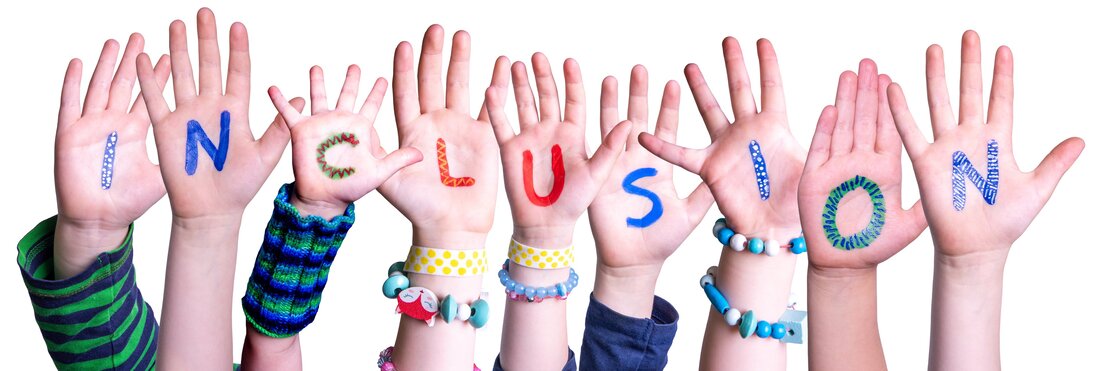

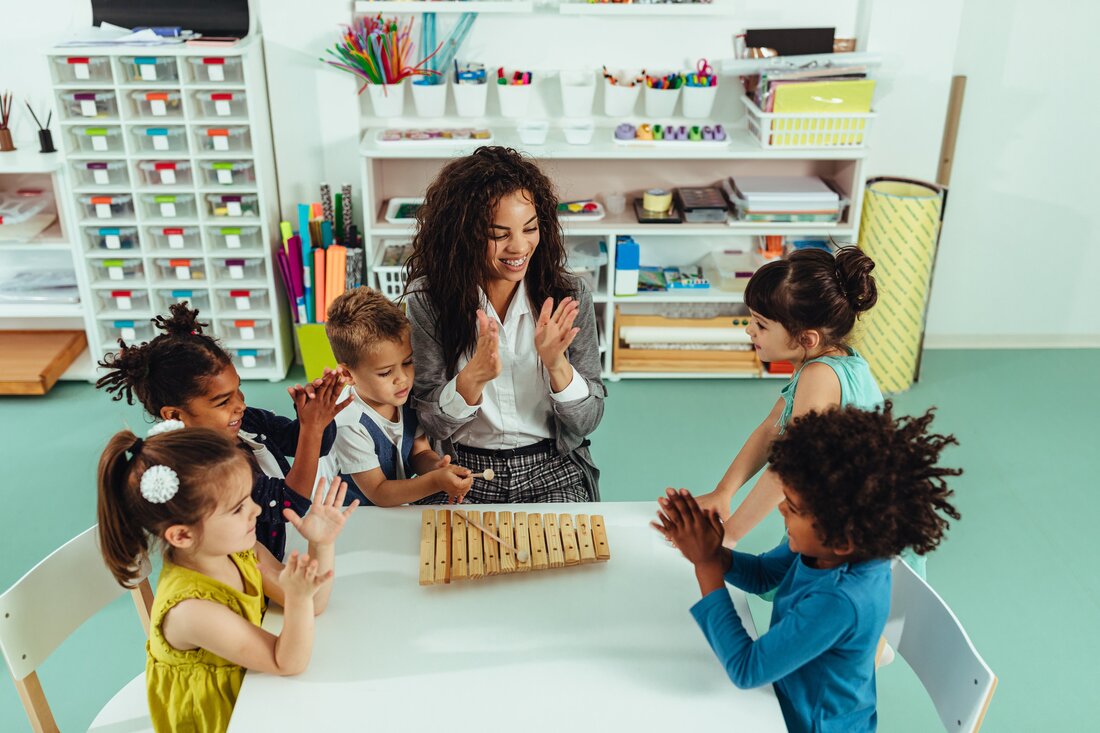
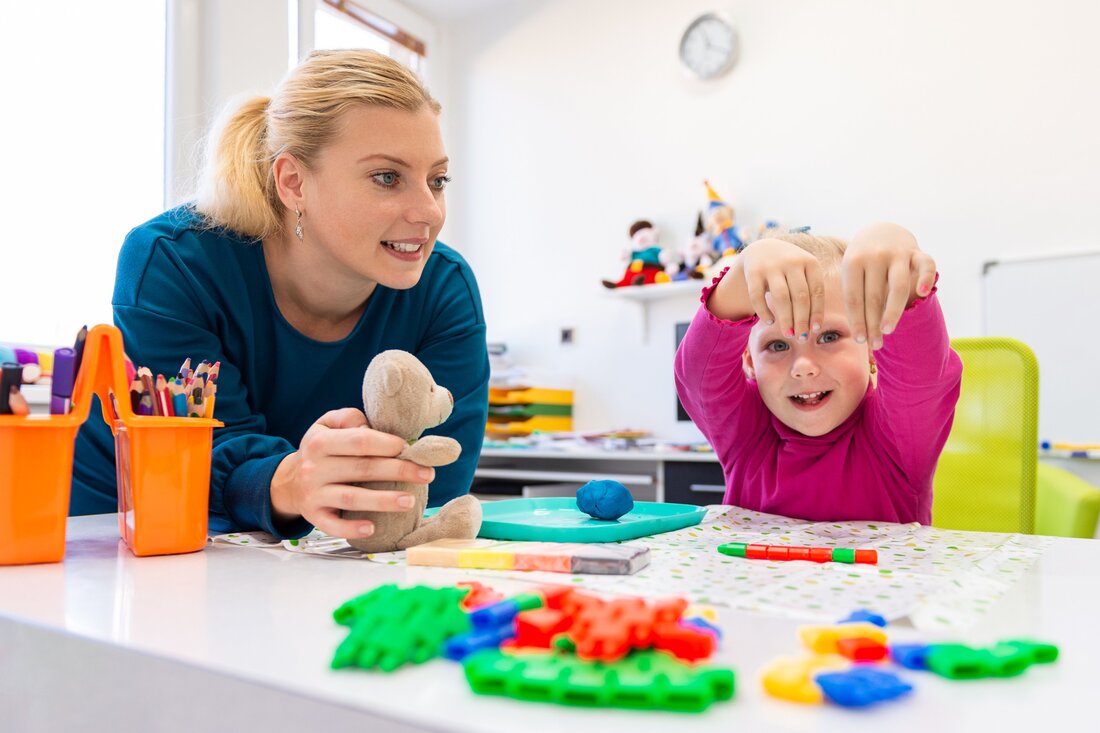
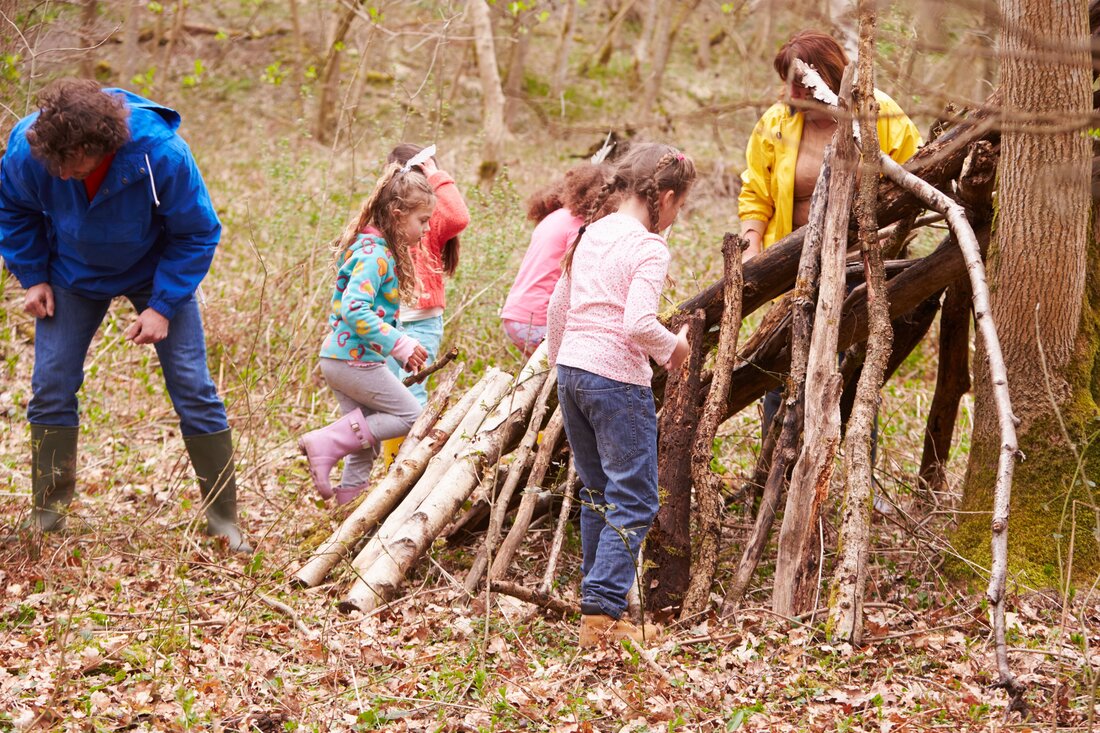
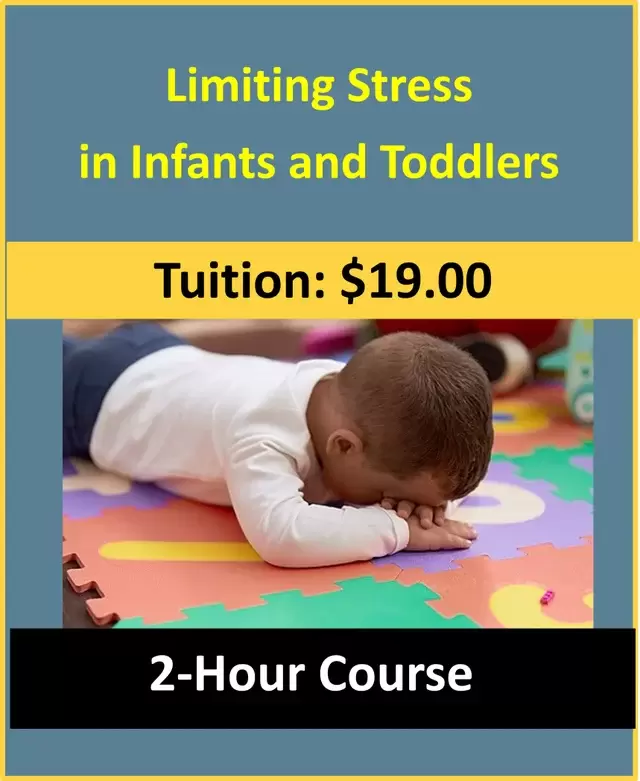
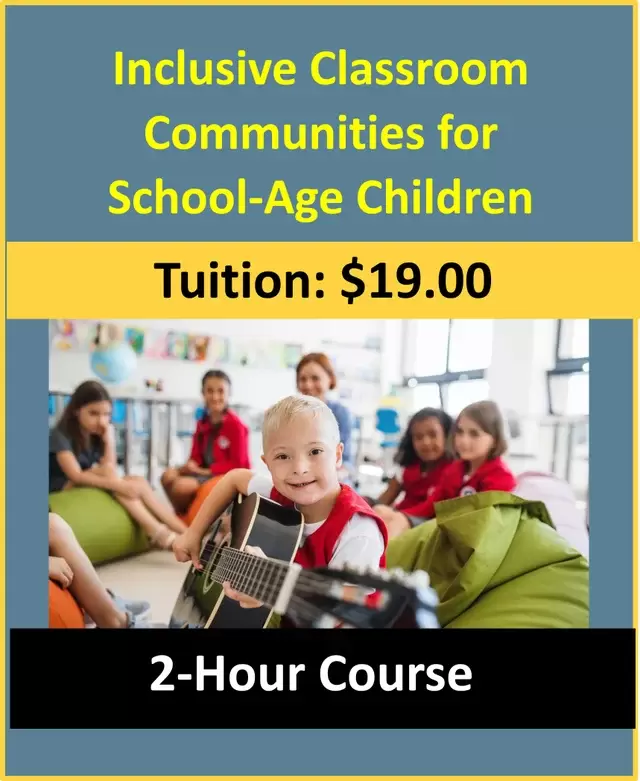
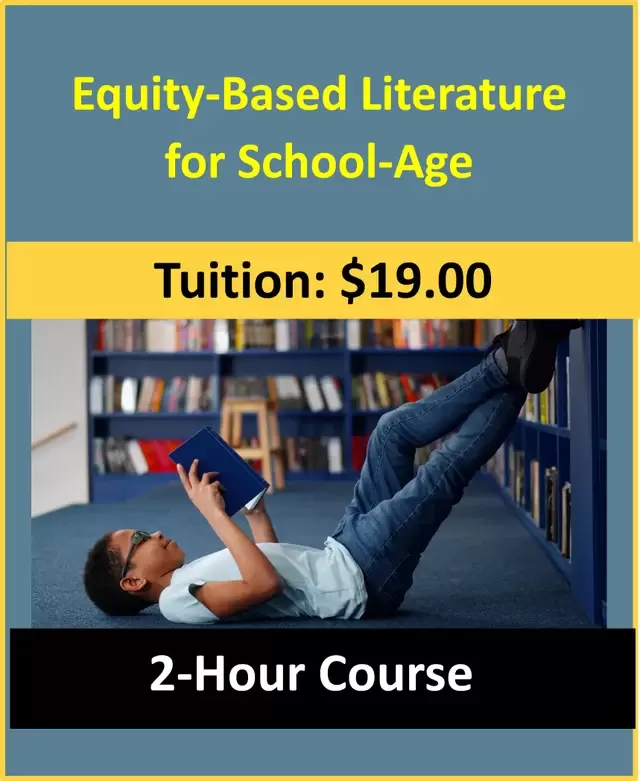
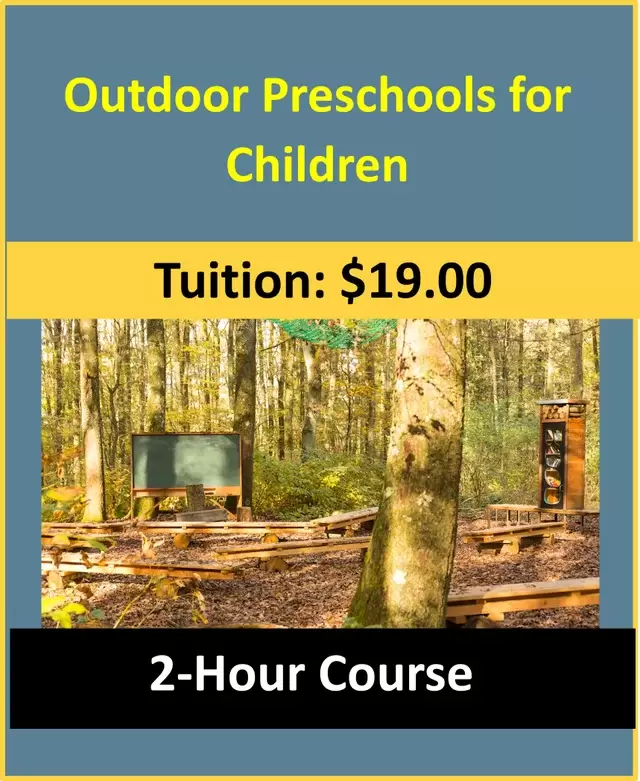
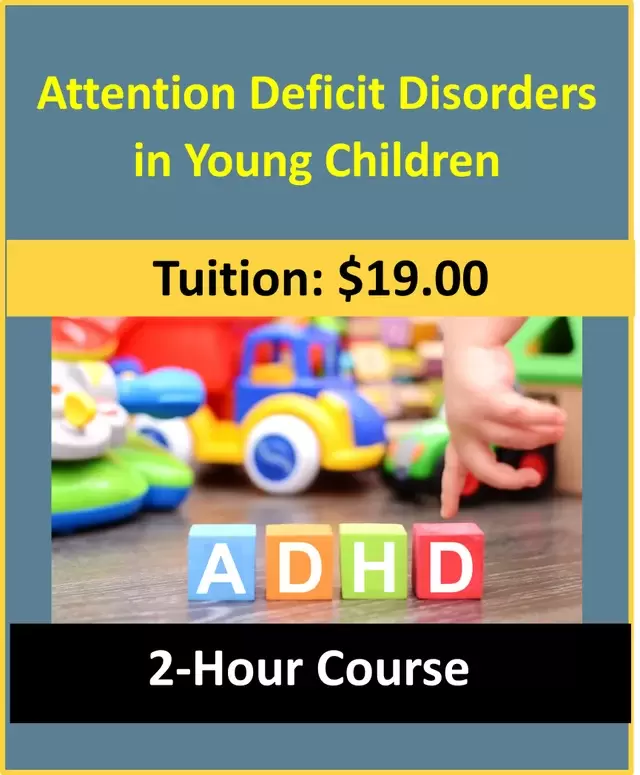
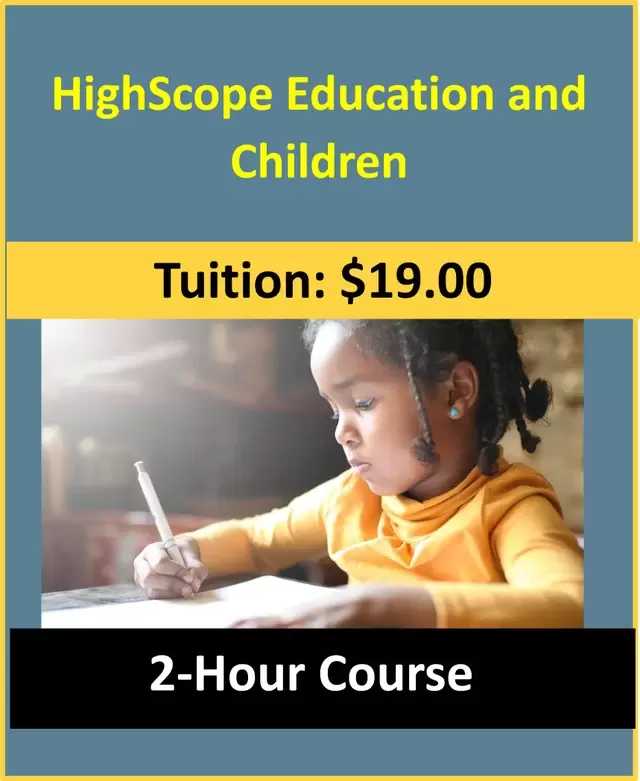
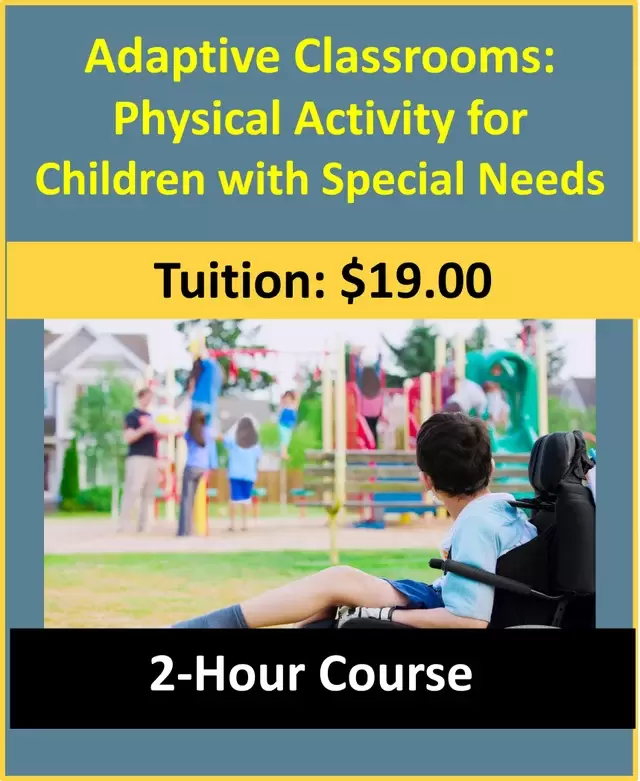
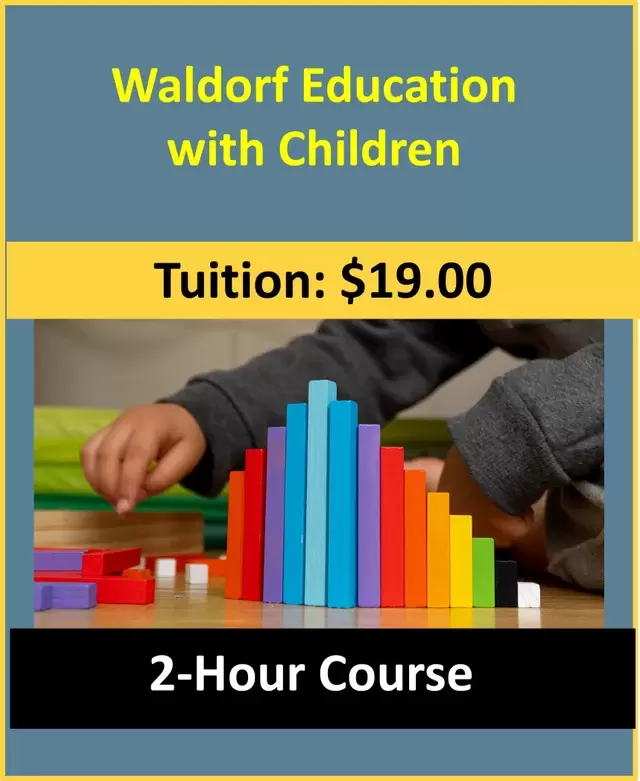
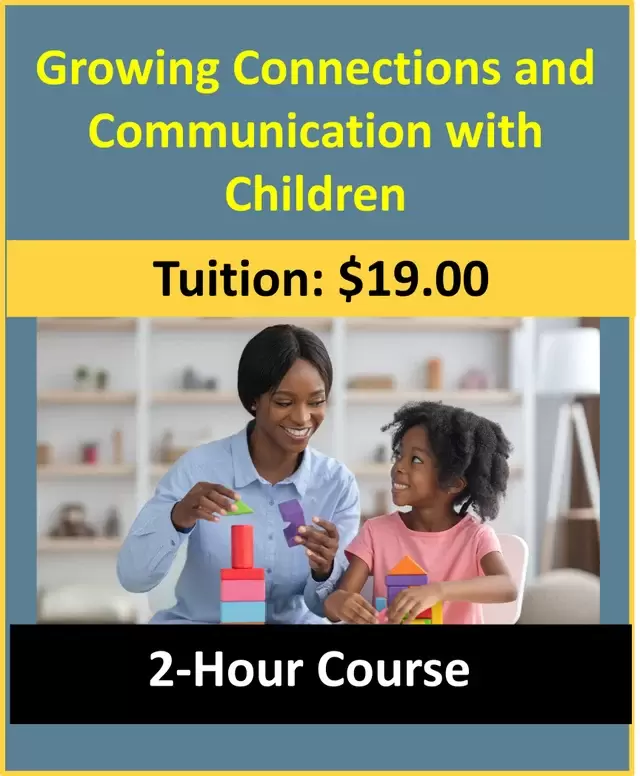
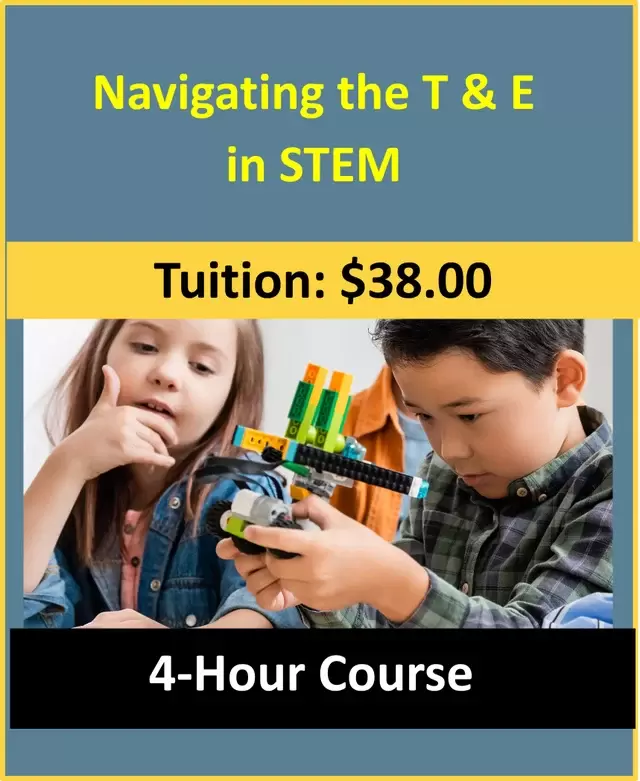
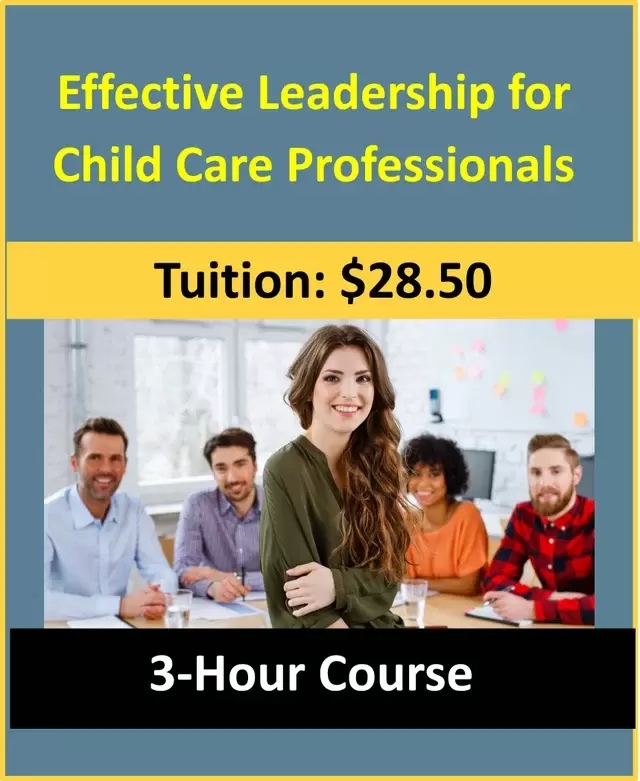
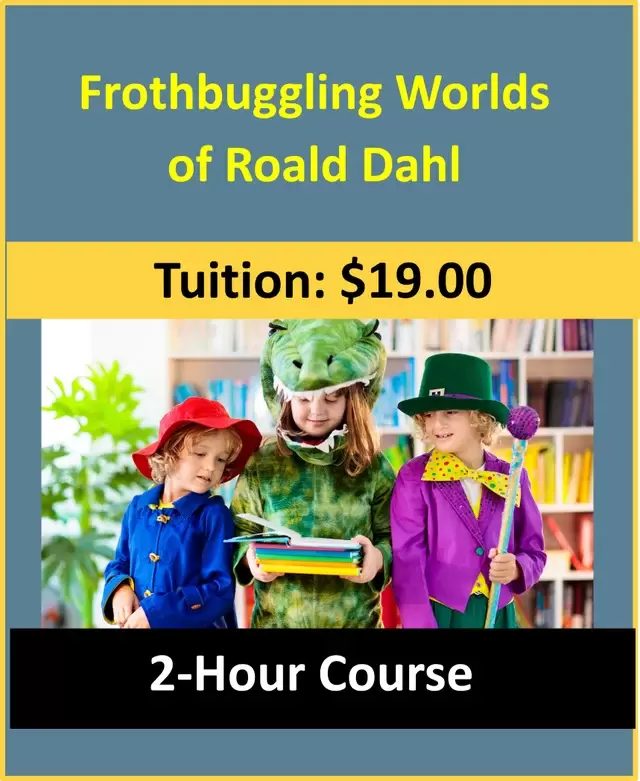
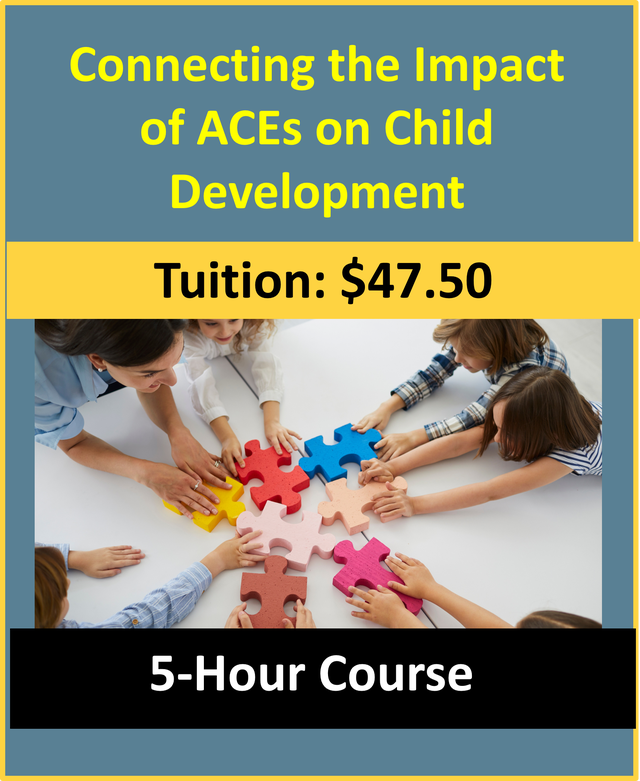
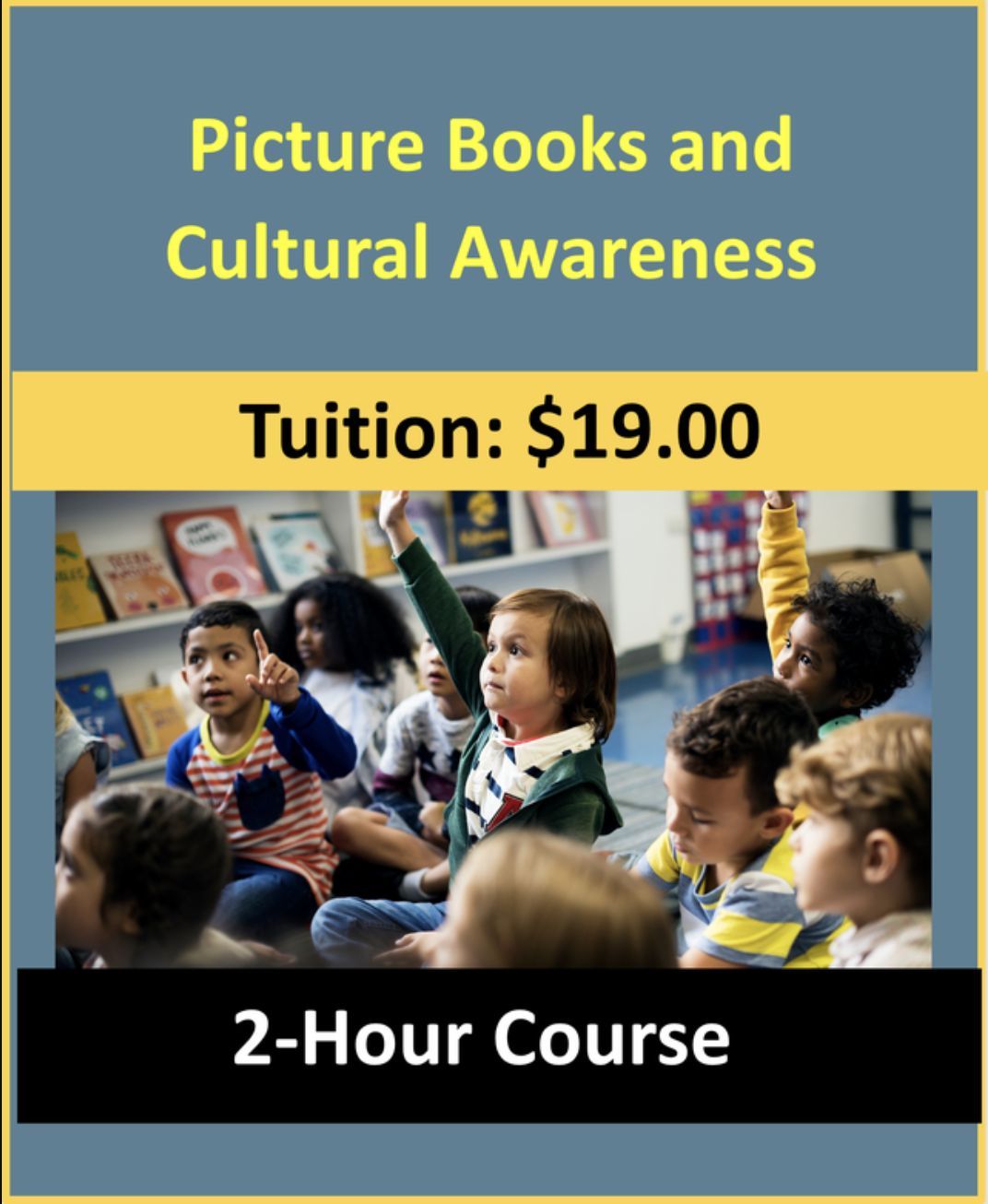
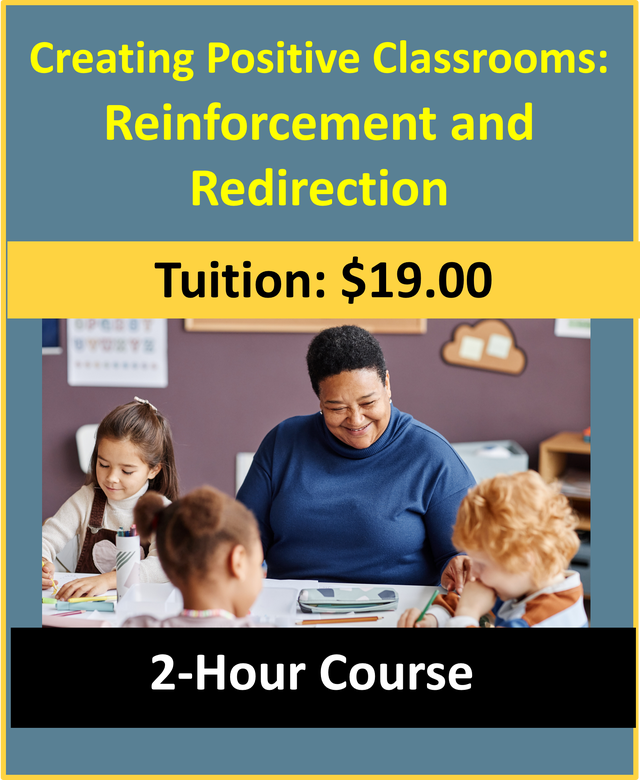
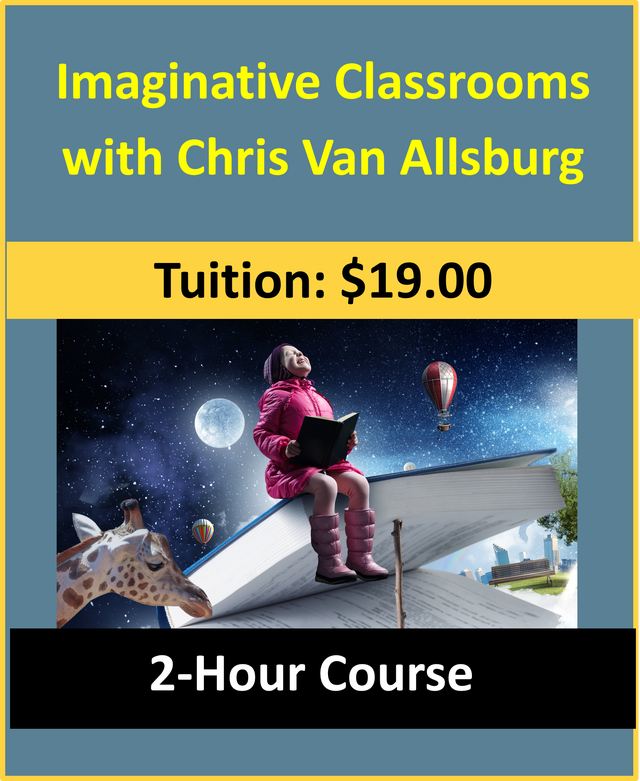
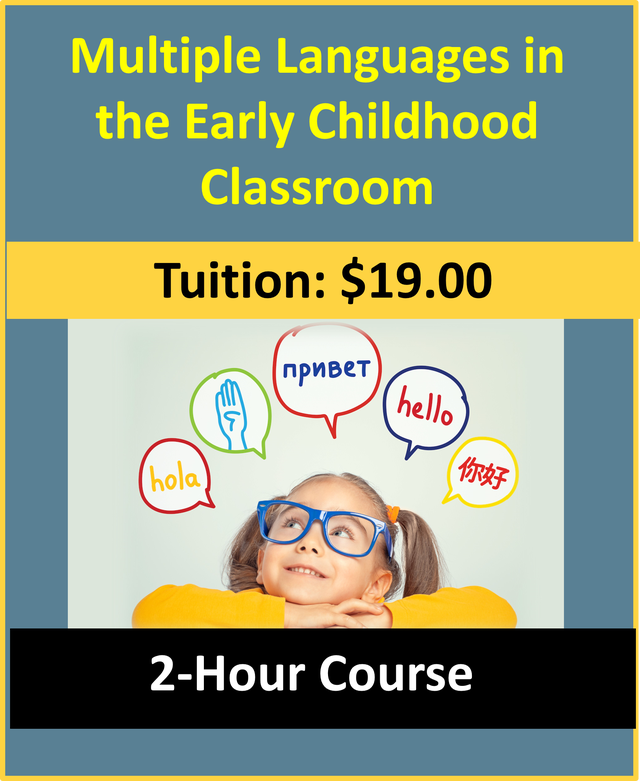
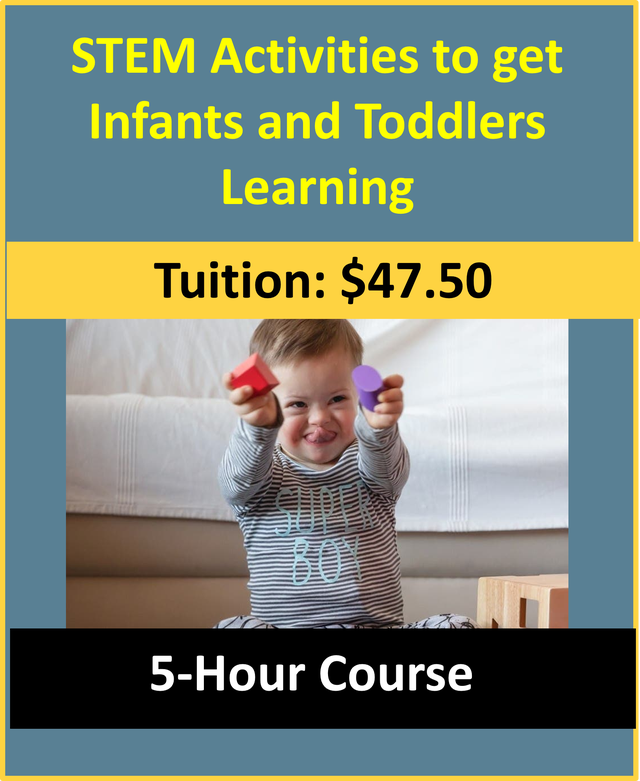
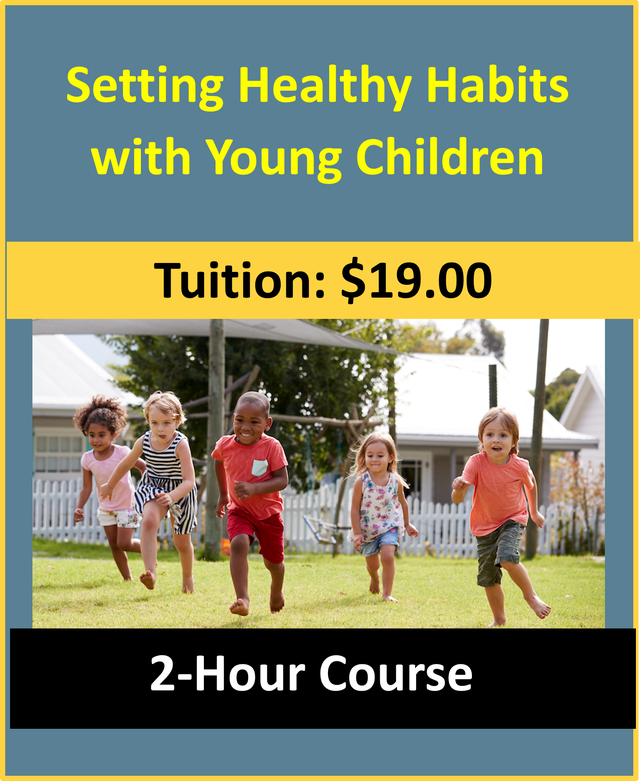
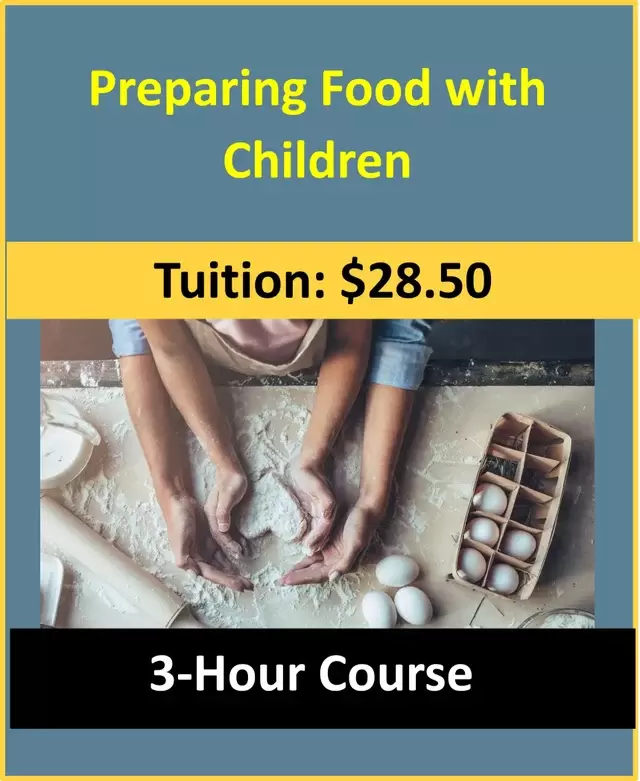
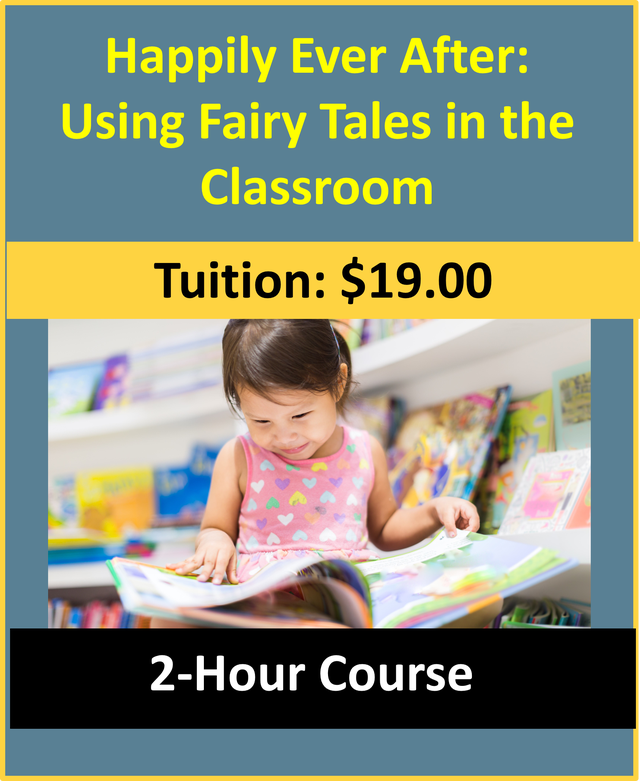
 RSS Feed
RSS Feed